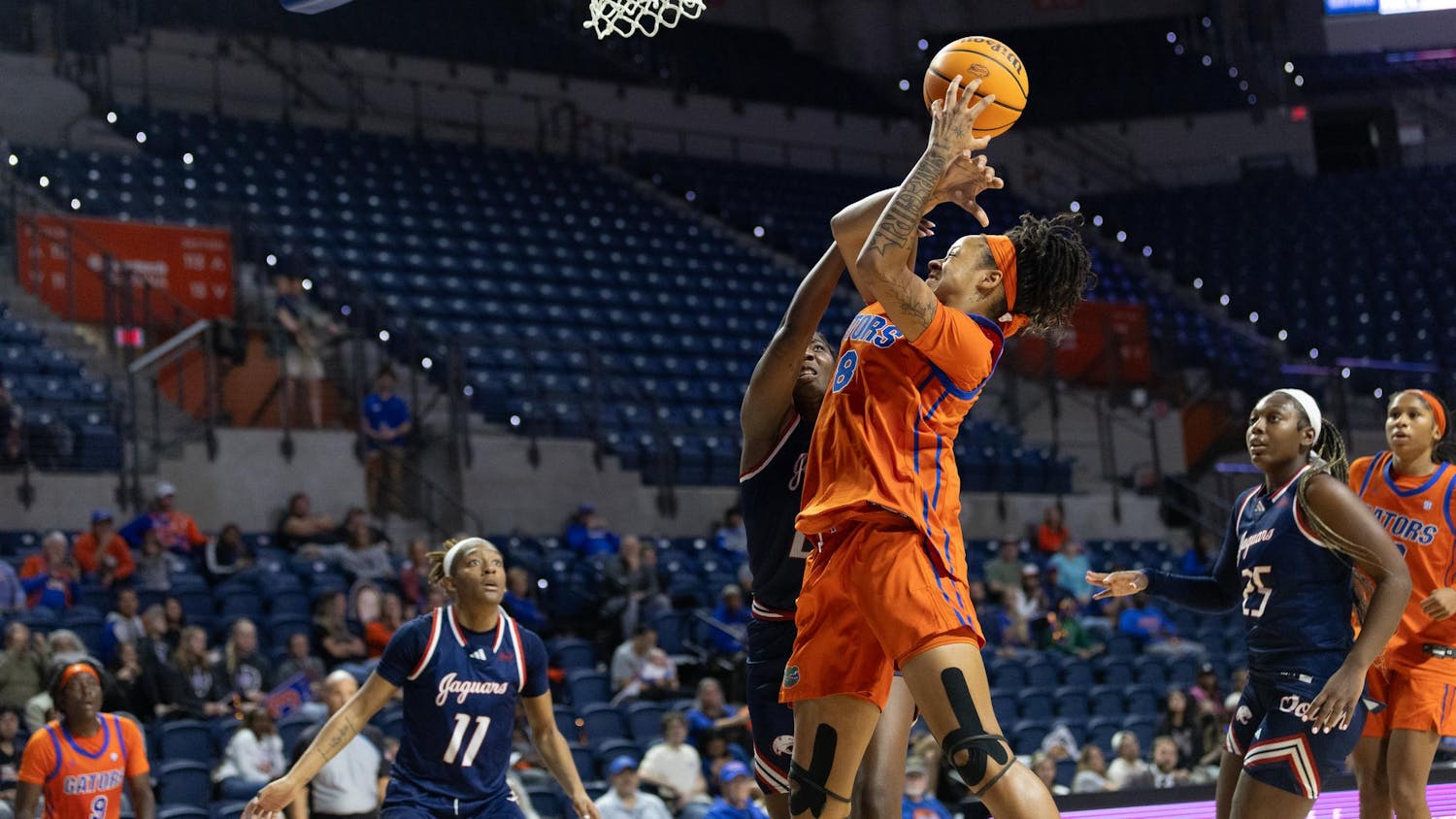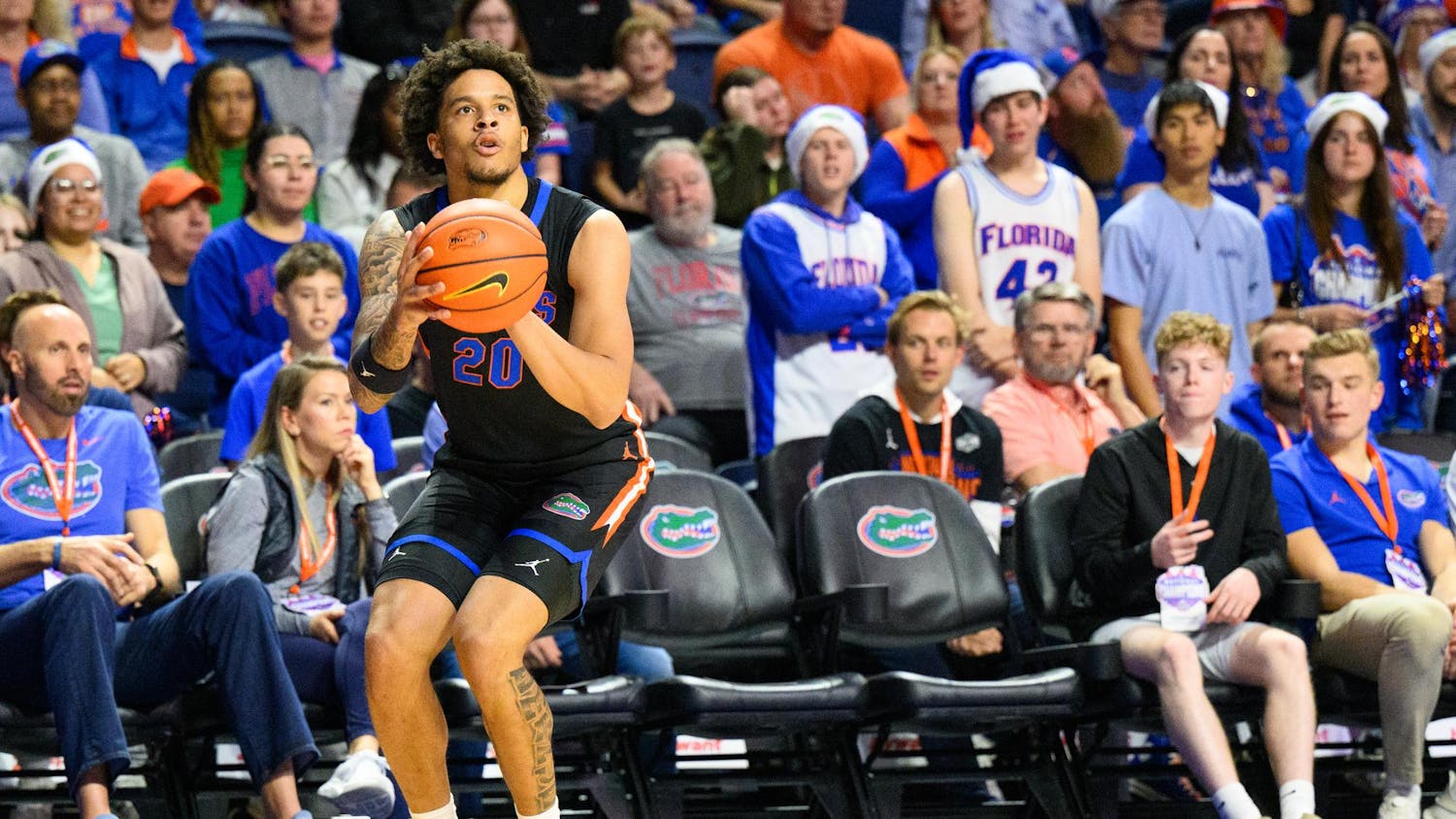Marla McGill had a lot of plans when she graduated from UF, but getting skin cancer wasn't on her list.
The Jacksonville native said she loved the sunshine and went to the tanning salon only a handful of times when she had free passes, but when a small mole on her stomach began to change colors last October, she knew something was wrong.
She was one of more than 25 million Americans who participate in the activity that was announced Wednesday to be carcinogenic - the highest category of cancer risk.
A biopsy confirmed her fears - McGill was diagnosed with the early stages of skin cancer at age 23 - and the cancer was safely removed.
According to the International Agency for Research on Cancer, which is part of the World Health Organization, the risk of skin cancer increases by 75 percent if the person uses a tanning bed before the age of 30.
Based on older research, scientists could only classify tanning beds as possibly harmful, but after analyzing about 20 different studies, researchers determined that tanning beds pose far greater a risk than they previously thought.
The research puts tanning beds and other sources of ultraviolet radiation in the same lethal group as tobacco, chimney sweeping and the hepatitis B virus. International cancer experts also recently deemed tanning beds to be as dangerous as arsenic gas, according to an article on MSNBC.com.
As of Monday, nearly 35 percent of the 1,755 people who responded to an MSNBC.com poll indicated that they had never used a tanning bed, and commenters called them "cancer beds" that "should be illegal."
But as the use of tanning beds has increased among people under the age of 30, doctors have also seen a rise in the number of young people with skin cancer, according to the article.
"The question is how students will react to this study. Or even if they will react," said Mel Toran, executive director for North Central Florida's American Cancer Society. "Our hope is that people will finally recognize the danger that tanning beds present and take caution."
Toran insists that there are no advantages to using tanning beds, especially given the new research.
"The bottom line is simple," he said. "If the risk is skin cancer, there is no benefit."
More than one million cases of skin cancer, the most common type of cancer, are diagnosed in the United States each year, according to the American Cancer Society Web site, and the number of melanoma cases has risen steadily in the last few years.
Taylor Tribou, a UF political science junior, said the free tanning offered by many companies and apartment complexes make tanning convenient for young people.
Tribou lived at Royal Village Apartments, a complex that offered a free tanning bed to its residents.
She said that her decision to live at Royal Village wasn't based on the free tanning, but it was a pleasant perk.
"I have fair skin, so I would have had to pay for a tanning membership somewhere else anyway," she said. "I saved money by signing my lease there. I think it was a smart idea on their part to attract more residents."
Tribou estimated that she used the tanning bed at her apartment about 30 times during the year and said she plans to continue moderate use.
"I don't go every day, so I'm not a tan-a-holic or anything," she said. "I just feel more confident when I'm tan. I don't see what the big deal is."
But McGill said her tanning bed days are over.
She said she regrets going to the tanning salon and not wearing enough sunscreen when she went outdoors, and she wishes she had listened to her parents' warnings to be safe while in the sun.
"The urge to always be tan is such a vanity thing," she said. "If there's one thing I learned from my experience, it's that my health is more important than the color of my skin."






